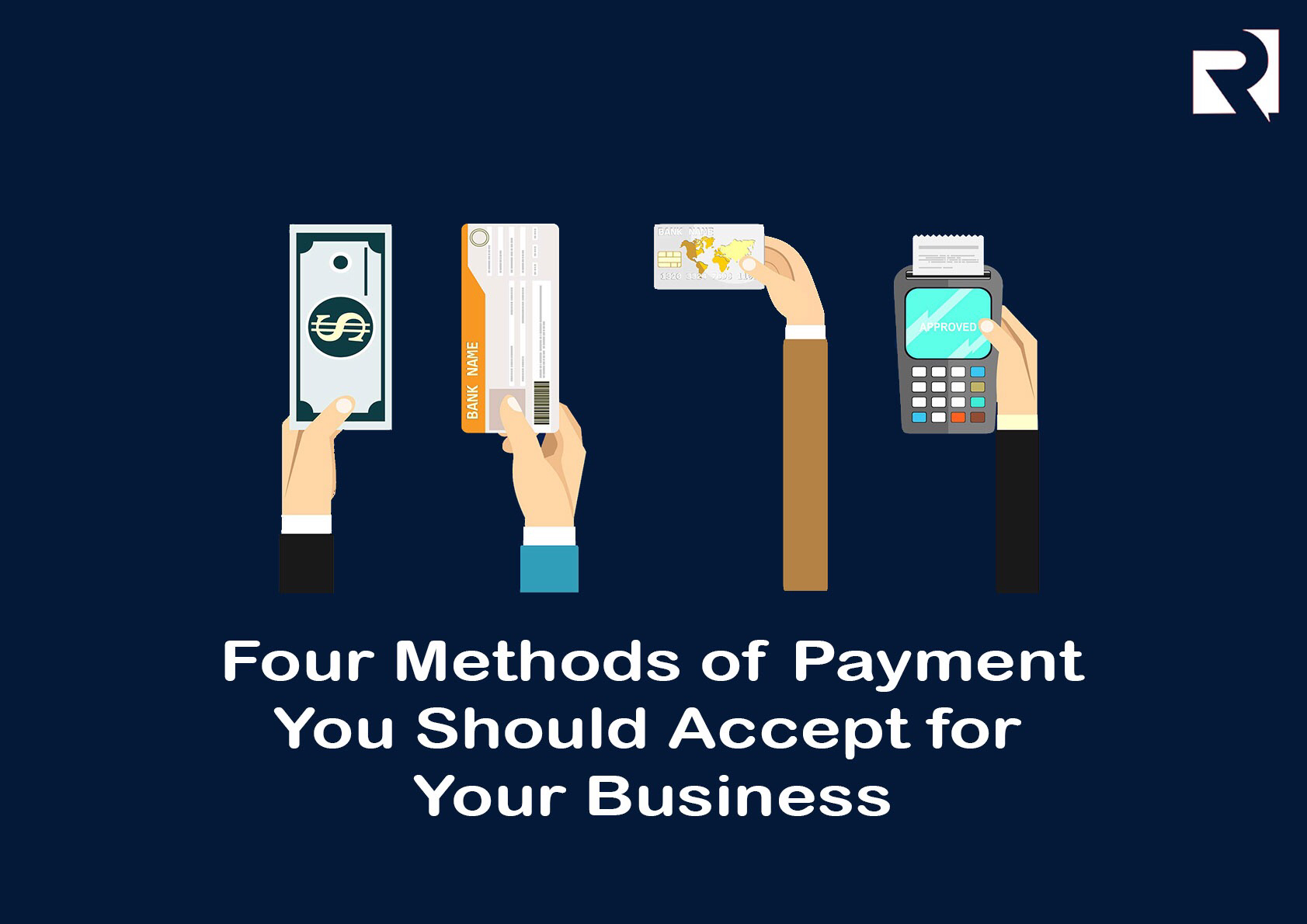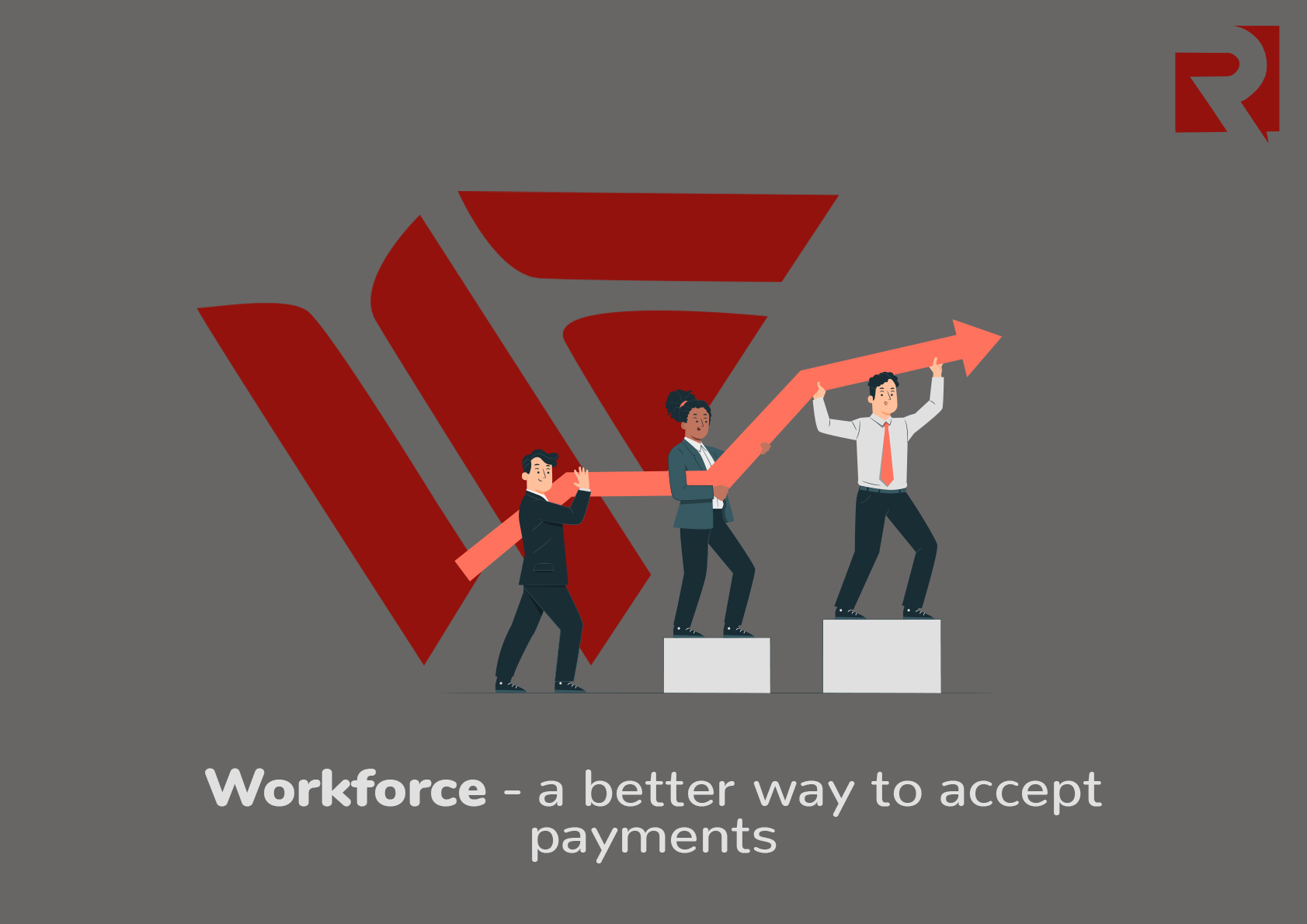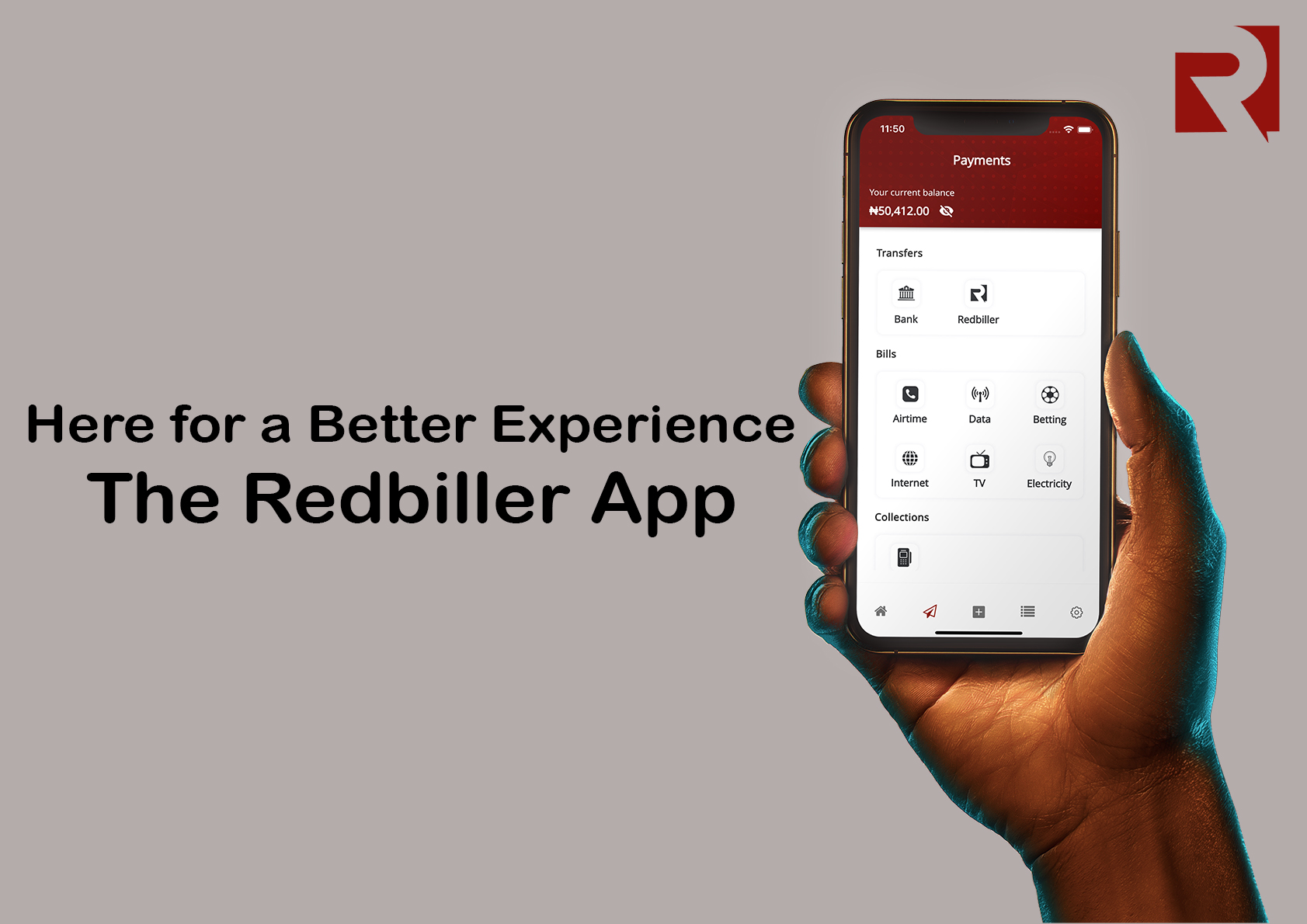Hello! I would like to get something from you, but do you mind if I pay with five tubers of Yam?
Just imagine I walked into your store and said this. You probably would first scream What? to my face, then you will calmly or no so calmly ask if I am okay. Why? Because this is the 21st century and payment by barter is no longer an option for many businesses.
Money is a tool of value exchange that is recognised and accepted everywhere in the world. One can safely say every business deals with money. Every business sends out and receives money. Every business expects their customer to pay them money in exchange for their products and services.
However, there are several ways to accept/pay money. It is why, in starting a business, you should be clear on what method of accepting and making payments would work for you. And at the centre of that consideration is what works for your customer. Here are four primary payments methods you should consider.
Cash
Pros
- There are no charges for accepting cash, the amount you sell is what you get.
- It is the most common and easiest form of payment
- Anybody can transact with cash
Cons
- It is risky to keep bulk cash at hand
- You can be paid counterfeit cash
- It is not traceable i.e you cannot trace it to a particular person once it mixes with other money
- Counting and balancing cash is stressful
Check and Bank draft
Pros
- There are no charges for accepting Checks and Bank drafts
- It is easy and safe for paying large amounts
- You don’t have to keep unneeded cash at hand
Cons
- You have to go to the bank to clear it before it expires
- You need to wait for it to be processed before the money reflects in your account
- While bank drafts don’t bounce, Checks bounce
- It can be forged
Debit/Credit Cards
Pros
- Many young people prefer POS payment
- It is faster and confirmations come immediately
- You don’t have to keep cash at hand -the money goes into your account
- It is traceable
- Comes with a receipt
Cons
- Transactions can be reversed
- The network can be poor or not available
- Each transaction comes with a charge
- Remittance of the money into your account is on the next working day
- Stolen cards can be traced to your business
Electronic bank transfer
Pros
- It is fast and convenient
- Transactions can be traced
- There are no charges for accepting bank transfers
- The money is remitted into your account immediately
- You are notified of every transaction
- You don’t have to be physically present
- Safe and easy for paying large amounts
Cons
- Transactions can be reversed
- The network can be poor
- False notifications from fraudsters
- Notifications might take a while to drop
- It might take a while for the money to reflect in your account despite being a successful transaction
In defining what works for you and your customers, you must consider your type of business and customers. Are you a high volume business? What does your target demography prefer? Another factor is the location of your business - physical or online, and proximity to the bank.
While you can have a primary/preferred method of payments, having options broadens your reach. It increases your chance of making sales because you have a payment method that suits each customer’s preference.



